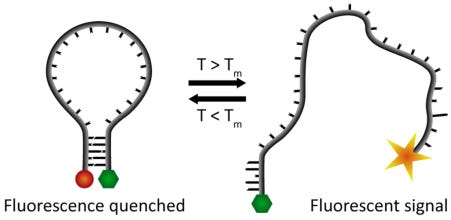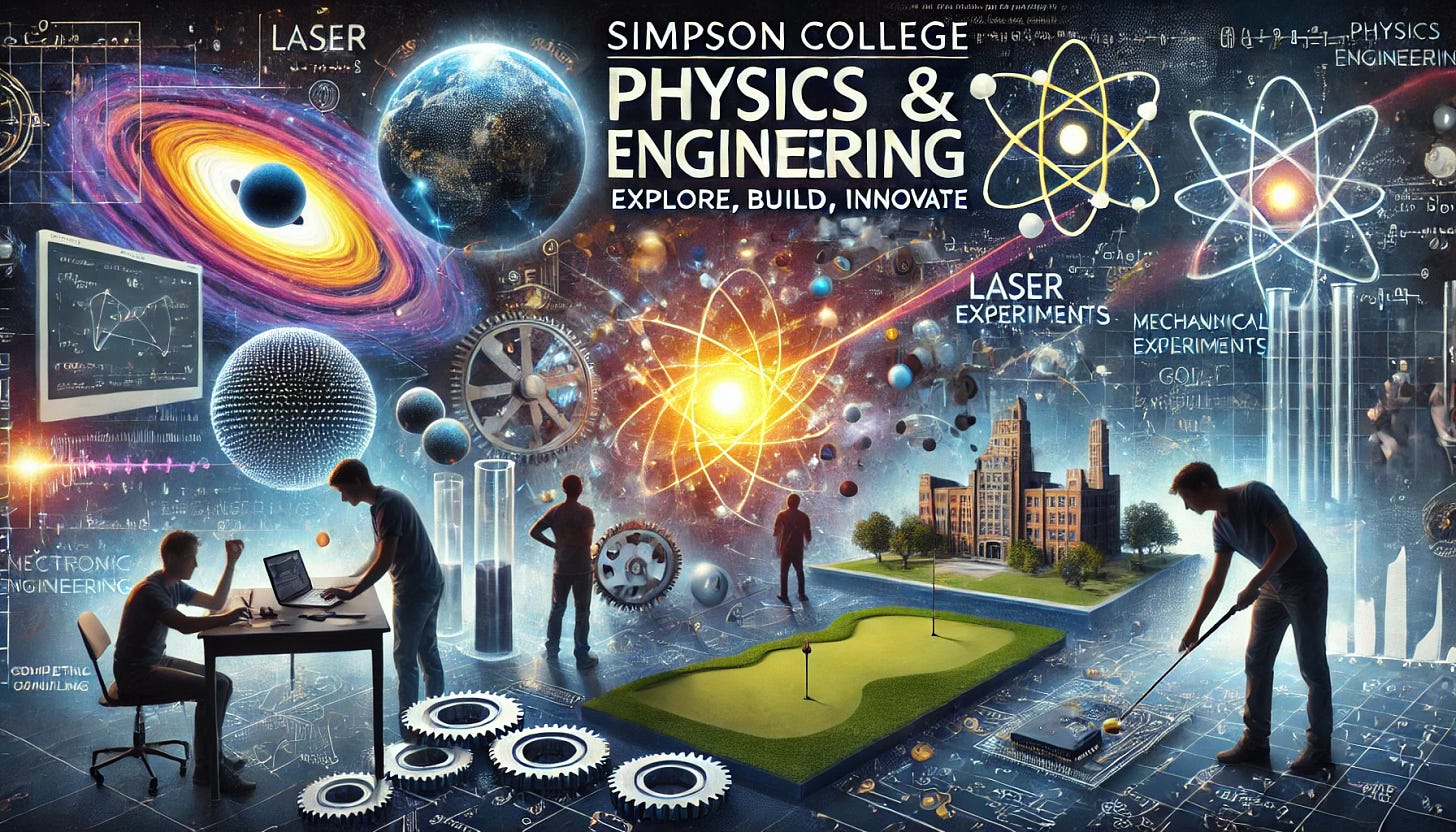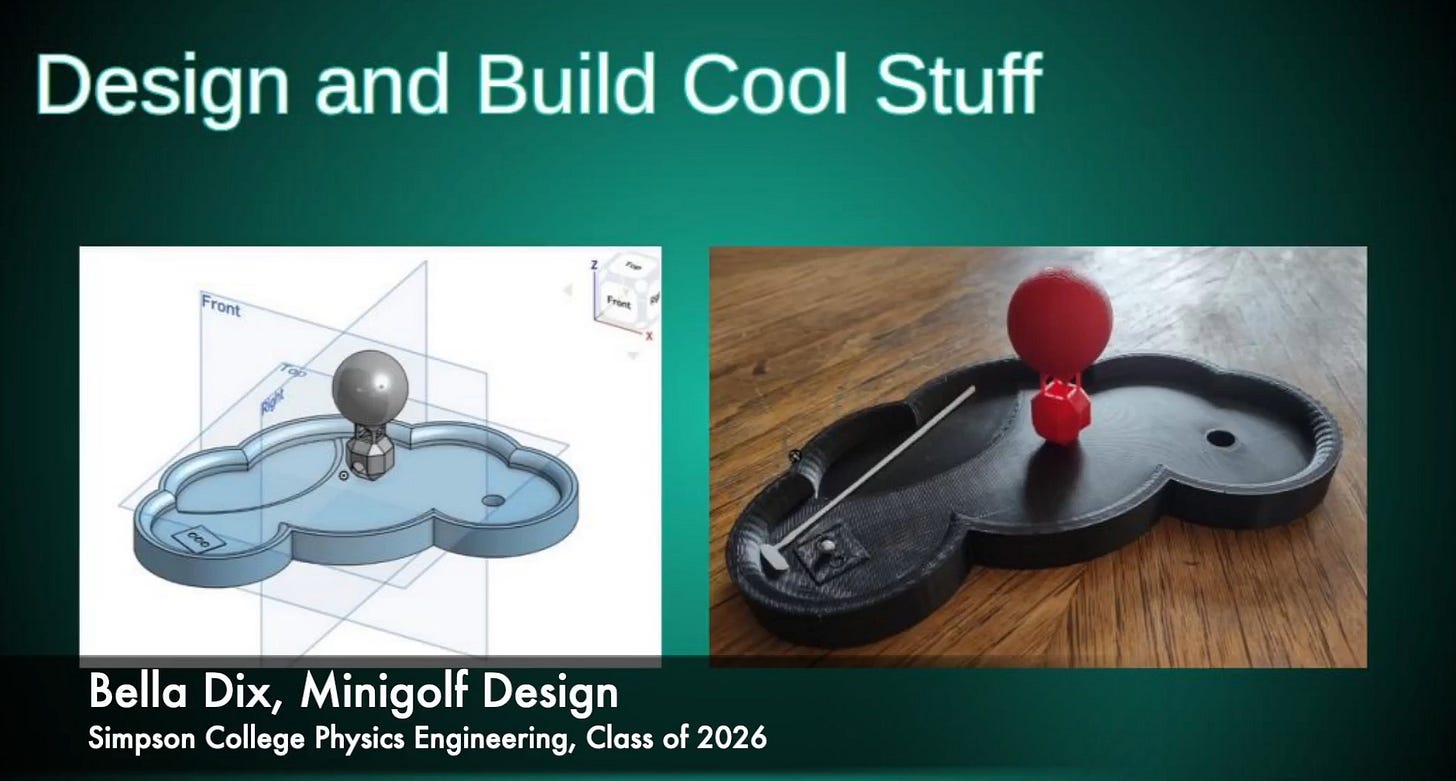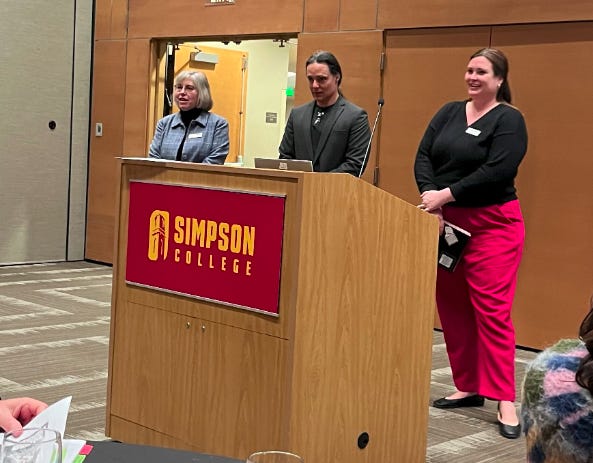People will come, Ray. They'll come to Iowa for reasons they can't even fathom.1
Terrence Mann was right. People will come to Iowa, because something special is happening at Simpson College.
Over the past few weeks, I’ve had the chance to meet with many prospective students who are curious about majoring in physics or physics-engineering. One of the most common questions I hear is: Why study physics? It’s a great question, and the answer is simple—physics opens the door to an incredible range of opportunities.
1. Uncover the Mysteries of the Universe

If you’ve ever wondered about black holes, warped space-time, quantum mechanics, or the fundamental laws that govern everything around us, physics is the key to understanding them. It’s the science of curiosity and discovery.
2. Conduct Cutting-Edge Science Experiments
Physics isn’t just theory. Our students get hands-on experience with research in everything from nanotechnology to lasers and much more. Much of what we do is driven by student interest. For example, one of my students is a gymnast who’s interested in studying the physics behind gymnastics scoring. He’s working on a motion capture code that uses AI to analyze movements and automate scoring algorithms. By integrating physics and machine learning, he’s exploring how technology can improve the accuracy and fairness of judging in the sport.
3. Invent
Want to invent the next big innovation? Whether you're interested in mechanical design, electronics, or something entirely unique, Simpson gives you the opportunity to build from day one. We’ll get you working on projects and developing a portfolio of hands-on designs as early as your freshman year. One of our students is currently designing a mini-golf course, turning an idea into a scale model prototype, and hopefully soon a reality. If you have creative projects in mind, we want you here!
4. Apply Computational Models
Physics is more than just equations—it’s about solving real-world problems. From fluid dynamics and financial risk analysis to video game animations, computational physics is a powerful driver of innovation.
For example, the simulation below was created by students in their Thermal Physics class to model a DNA hairpin molecule. One end of the DNA is attached to a fluorescent bead that lights up when the hairpin opens. By simulating biological molecules like this, researchers gain deeper insights into their behavior, which could lead to advancements in medical and biotechnological applications.

Our students have many opportunities to show off their computational skills. Many complete internships or compete in major computational modeling competitions like the University Physics Competition and COMAP’s MCM/ICM, gaining valuable experience in tackling complex problems and demonstrating their skills to employers.
At Simpson, we’re committed to making our students the best computational modelers in the world. That’s why we’re doubling down on the latest tools, including AI and large language models, to give our students a competitive edge. Our faculty are leading the way—just recently, Other Simpson faculty and I recently presented at the Simpson Board Faculty Dinner, showcasing how we’re integrating cutting-edge technology into our curriculum. Whether it’s tackling real-world problems in physics, engineering, or beyond, we’re preparing students to lead in the age of AI.
5. Physics Leads to High-Paying Careers
Physics isn’t just for academia. It’s a gateway to six-figure careers in engineering, data science, AI, medical physics, finance, aerospace, entrepreneurship, and many other fields. Employers love physics majors because they know how to think critically, solve problems, and adapt to new challenges.
If you’re wondering what to major in, consider physics—it’s the ultimate degree for curious minds who want to explore, build, and innovate. Want to learn more? Let’s talk!
About the Author:
Aaron Santos is an innovator, author, and physicist. He’s written two books, How Many Licks? Or, How to Estimate Damn Near Anything and Ballparking: Practical Math for Impractical Sports Questions, which teach the art of estimation in fun and irreverent ways. He founded two nanoscience companies and is currently writing his third book, which explores the history, science, and future of nanotechnology. You can follow him on BlueSky.
Know someone who would be a good fit for Physics+Engineering@Simpson? Let me know! Don’t forget to subscribe, share, and leave a comment!
Field of Dreams. Directed by Phil Alden Robinson, performances by Kevin Costner et al., Universal Pictures, 1989.




